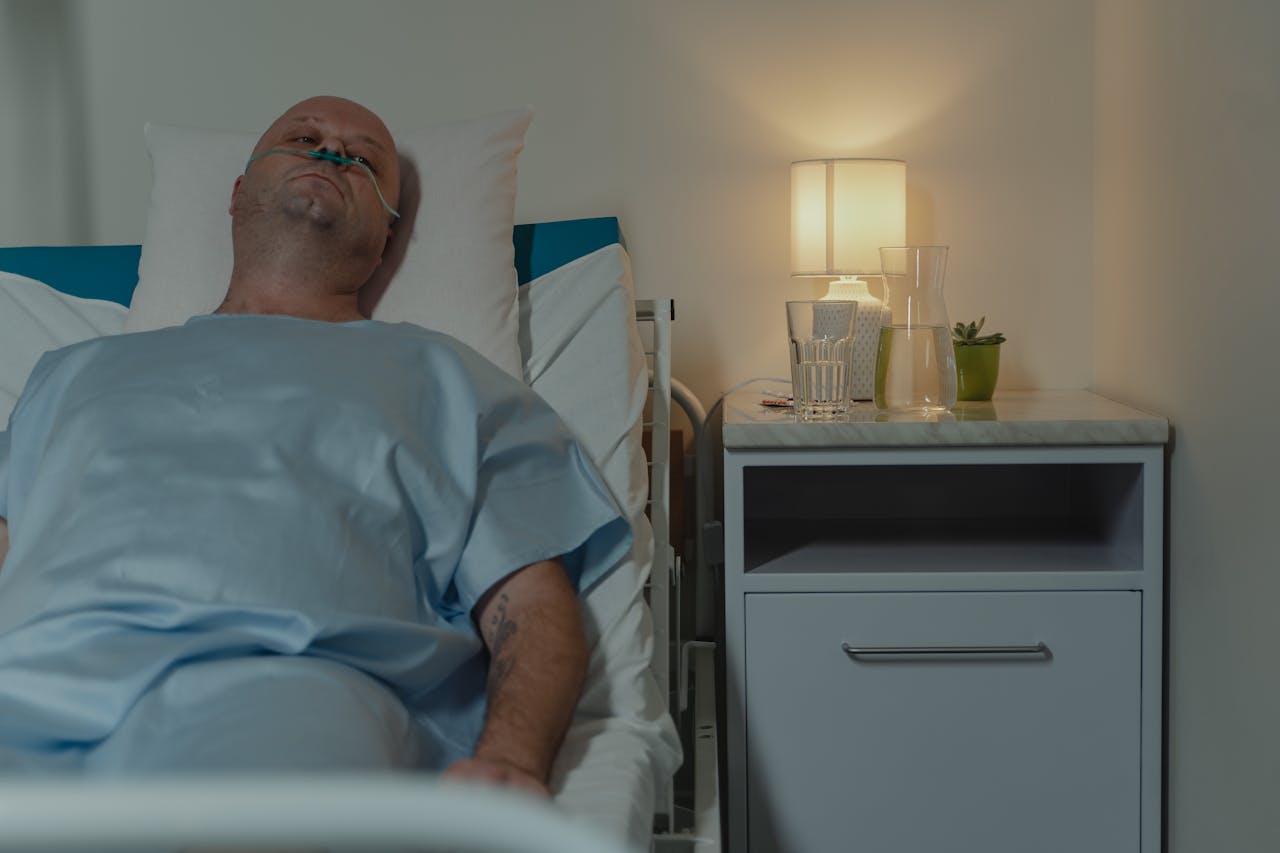Mental Health
The Compassionate Work of Dr. Jason Ediger: Enhancing Lives Through Pain Management

(Photo : Billy Pasco on Unsplash)
Canadian psychologist Dr. Jason Ediger takes a multi-faceted approach to practice in his field. While he focuses on clinical care for individual patients, he also completed a postdoc at the University of Manitoba Medical School Department of Gastroenterology, exploring the psychological aspects of chronic pain management. As such, helping patients manage pain—without the crutch of life-altering opioids—remains a staple of his current practice. And for Dr. Ediger, that aspect of his practice is fueled by both his academic training and his personal history.
Driven to Create Change
As Dr. Ediger explains, "My uncle was injured working in the steel industry and has struggled with chronic pain for probably 30, 35 years." So, when he began his postdoc work, the psychologist was drawn to something known as "a work hardening program," which, he explains, "is a rehabilitation program for chronic pain, trying to get people as functional as they can when you can't fix the [physical] problem."
As a psychological provider for these patients, Dr. Ediger immediately noted the healing potential that could be delivered with his brand of compassionate care. He explains, "There's a ton of research that says that you can have two people with identical injuries on a scan, and the outcomes are completely different, [with] one person [who] is bedridden and the other person [who] is working full-time."
He emphasized that since "it's the same injury on paper," it's clear that there's "a psychological component [in] how you relate to your pain." Basically, he discovered that the difference lies in "whether you accept your pain or whether you set up a scenario that I can't live until this pain is gone."
Establishing Acceptance as a Means of Forward Progress
With that realization, Dr. Ediger began his clinical work in the 'work hardening' program. Next, he provided coverage for a psychological provider on leave from a pain clinic, ultimately prompting him to treat many chronic pain patients in his private practice. His treatment goals? Dr. Ediger explains he's just "trying to help people live the best life they can within the context of an unchangeable, unwanted" chronic condition.
Of course, he notes, "If they could snap their hands, they would remove the pain in a heartbeat, but that's not on the table." Instead, he says, he guides his patient with different prompts, asking, "How do we think about our pain, interact with our pain, manage our pain...are there things we can do to manipulate our nervous system?" Now, these questions don't change the nature of the pain itself. Yet, he explains, "Because the more we catastrophize our pain, the more it hurts," he is able to reduce patient's daily burden by giving them "a mixture of hope and understanding," when previously they'd only felt "trapped and helpless."
Setting Goals for Life
Once a patient is able to shift his or her mindset to one of greater acceptance, Dr. Ediger notes he can begin introducing "cognitive behavioral approaches to chronic pain." While these approaches vary, he embraces ones that are "acceptance based," and work within a CBT context while "educating them about their pain and the interactions between catastrophic thinking and pain and their nervous system and pain."
Of course, he cautions, "You also don't want just to say it's all in your head. If you think differently, you won't have pain." That would be dismissive, especially for patients with conditions such as fibromyalgia that aren't solidly physiologically observable. Instead, he begins a dialogue with patients, telling them, "I have good news and bad news." The good, he says? "All pain is in our head...phantom limb syndrome—when someone's been amputated and they can still feel pain in the missing limb—taught us that." After all, he continues, "You can have pain in your left hand and not have a left hand anymore." As such, he extrapolates, it's true that "all pain is in our head, regardless of whether it shows up on an M R I or an x-ray or something like that."
Yet that doesn't mean it's imagined. Instead, it means that "The only organ we need for pain is our brain, which gives us some tools to manipulate it with our brain," which is, of course, a positive. At the same time, Dr. Ediger cautions that brain-based pain is also problematic since "we're not getting rid of the brain." So, to help patients move past this dichotomy, he tells them, "If the brain's going to want to feel pain, we also need some acceptance components...we can't just live for the pain, we have to live for something else and have the pain be a part of that."
Already, he explains, this nuanced approach has advanced the way he cares for patients and the results his patients are seeing in their everyday lives. As such, he says, his compassionate approach to pain management has moved past "CBT for chronic pain [by] mixing in the more acceptance-based components." The result? He's helping change the pain management environment with this "third wave" care plan, allowing us all to embrace "a different relationship with our pain" that lets us move past obstacles and reintegrate into the world.
* This is a contributed article and this content does not necessarily represent the views of counselheal.com









Join the Conversation